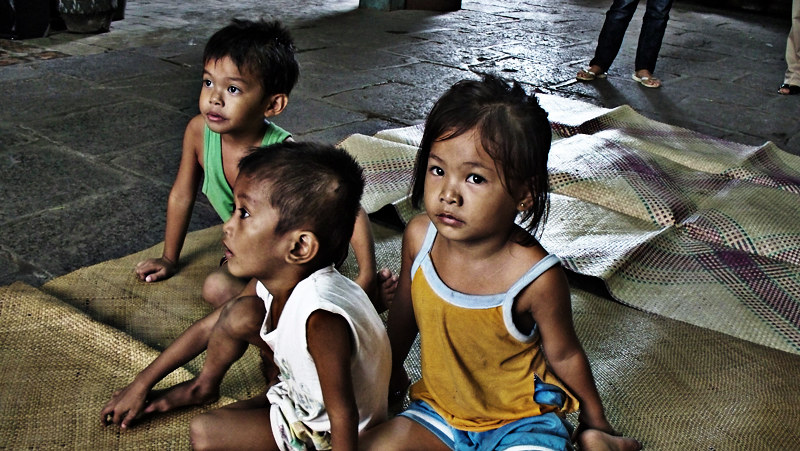Oxfam International and Ahmad Tea
 Founded in 1942, Oxfam International aims to address the root causes of poverty and eradicate them. The organization uses various approaches in its fight against poverty, including specialized plans for specific areas and conditions. Oxfam International has vowed to continue its work fighting global poverty, collaborating with those affected by disasters and inequalities that persist at the moment. The organization continues to work on the frontlines, providing support and working to prevent further inequalities and prevent further inequalities.
Founded in 1942, Oxfam International aims to address the root causes of poverty and eradicate them. The organization uses various approaches in its fight against poverty, including specialized plans for specific areas and conditions. Oxfam International has vowed to continue its work fighting global poverty, collaborating with those affected by disasters and inequalities that persist at the moment. The organization continues to work on the frontlines, providing support and working to prevent further inequalities and prevent further inequalities.
The History of Oxfam International
The organization started during World War II, a time when conflicts were widespread. Much of its initial work focused on providing support to communities devastated by the war. Oxfam International’s first major initiative, “Greek Week,” saw British citizens unite to donate funds to the Greek Red Cross. This marked the beginning of Oxfam’s broader mission. It began providing support to developing countries and helping in times of disaster. The Oxfam shops started selling handmade items from developing countries, giving buyers unique crafts while also raising money for these countries.
In 1963, Oxfam turned international with its first campaign outside of the United Kingdom (U.K.) being in Canada. Oxfam continued to grow, eventually reaching Latin America and other developing areas. Currently, Oxfam International has 21 organizations in 90 countries around the world.
Oxfam’s Partners
Oxfam International partners with many other organizations and groups also working to fight against poverty. Whether these are local organizations or other international programs, the progress has been tremendous. Oxfam has partners that are local in areas that need more help. These local partners know the ins and outs of poverty, which provides valuable guidance and experience in trying to help combat these ongoing issues.
Oxfam also collaborates with campaign and corporate partners. Campaigning allies actively support the organization and help bring issues to larger audiences to increase awareness of the efforts that Oxfam International and other organizations are undertaking. Corporate partners, located in the U.K. and globally. These partners help in a variety of ways including donating a percentage of their income to Oxfam.
Oxfam’s Partnership With Ahmad Tea
Since 2010, Ahmad Tea has partnered with Oxfam International in hopes of ending the water crisis in Niger, a landlocked country where a majority of the population lack access to safe and clean drinking water. Some people also lack access to proper sanitation facilities. Upon learning about Niger’s severe water issues and humanitarian crisis, Ahmad Tea decided to partner with Oxfam and fund projects that provide access to clean water. Since their partnership, the two have provided clean water to rural areas by supporting existing water systems and building new ones. Their initiatives have made it possible for more girls to go to school, seen an increase in agriculture and income and caused a drop in waterborne diseases. These efforts are not the only impacts of their program.
Ahmad Tea also aimed to introduce better water management techniques. Studies revealed an underground water source deep beneath Niger. Although drilling for this water is costly, it promises to be an invaluable resource for communities struggling with water insecurity. On World Water Day, Danny Sriskandarajah, CEO of Oxfam Great Britain, discussed the partnership with Zahra Afshar, Head of Charity at Ahmad Tea. During their interview, Sriskandarajah shared his proudest moments, saying “I have lots of moments.” He also added that Oxfam is operating in some of the toughest areas.
Oxfam In Nepal
Nepal, a small country in Asia, faces significant with clean water access. According to UNICEF, more than three million people in Nepal lack access to clean water and services. Since arriving in Nepal, Oxfam International has worked to repair and establish new water supply schemes in two specific areas of the country, the Hills and Terai. During these efforts, Oxfam has teamed up with two other companies to best implement their strategies.
The water systems in Nepal face significant sustainability issues, with many of the water pumps requiring repairs that often cost more than the actual benefits that people are getting out of them. To try and combat this issue, Oxfam International has introduced five new techniques aimed at increasing efficiency and effectiveness. These strategies are currently in implementation and are continuously being developed to better support the people of Nepal. With these frameworks in place, Oxfam and its partners are positioned to build on this success and implement newer technologies that may better suit Nepal.
Looking Ahead
Oxfam International’s commitment to addressing the root causes of poverty continues to drive its global efforts. Through partnerships and targeted initiatives, Oxfam has provided essential support in areas like Niger and Nepal, improving access to clean water and sustainable resources. As the organization expands its reach and refines its strategies, it remains dedicated to fostering resilience and equality in vulnerable communities worldwide.
– Dorothy Howard
Dorothy is based in Greensboro, NC, USA and focuses on Good News and Technology for The Borgen Project.
Photo: Flickr
